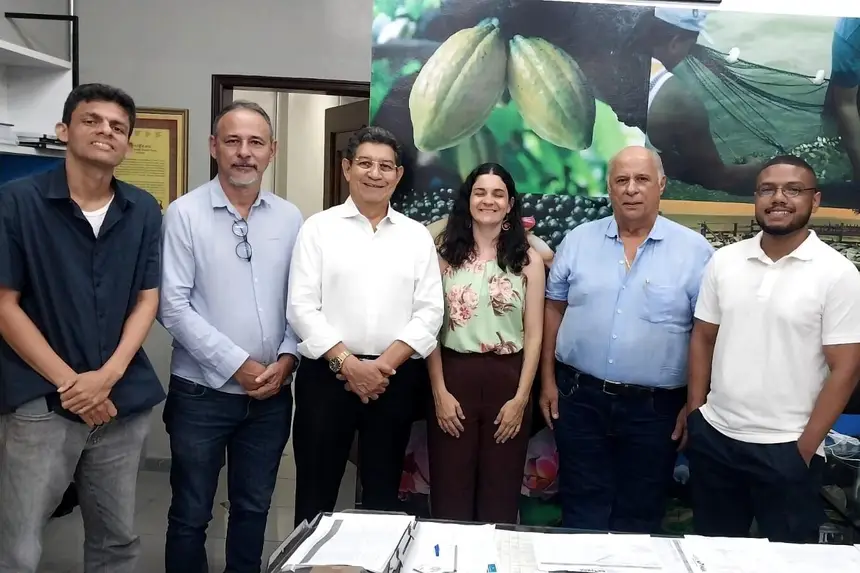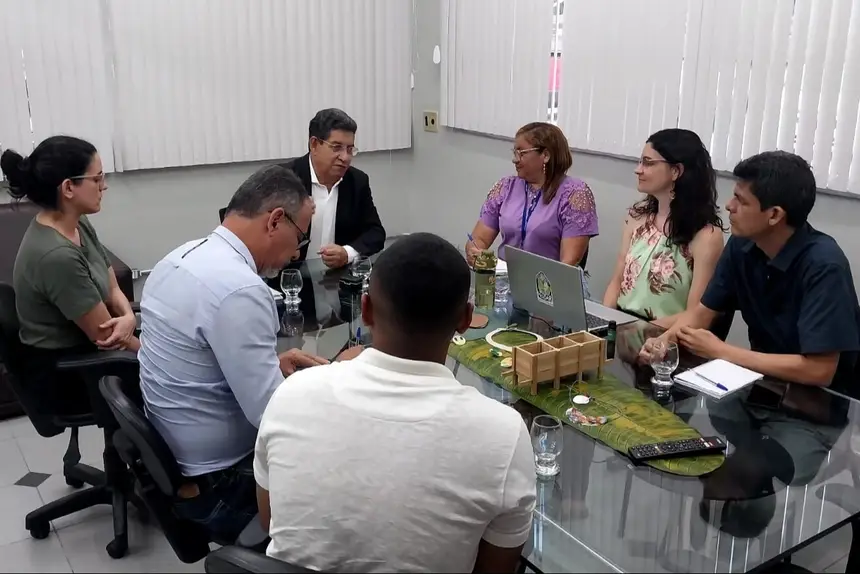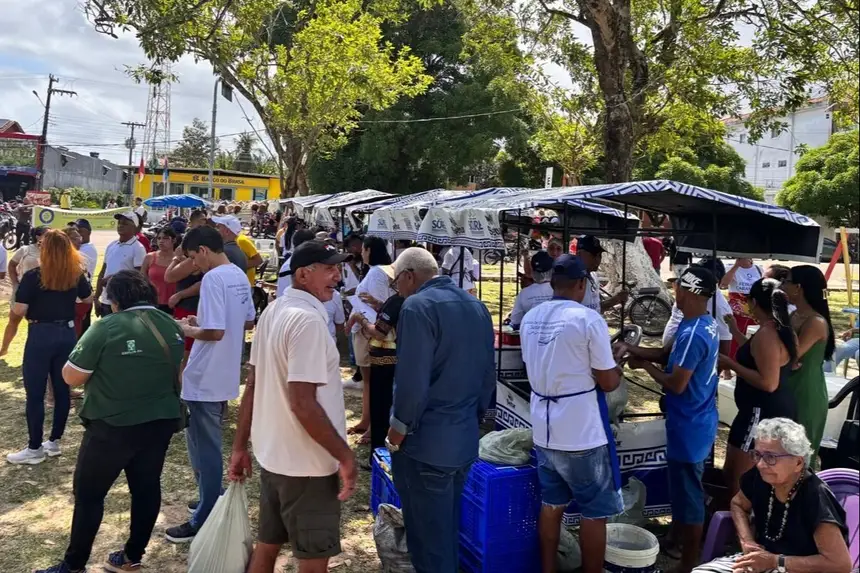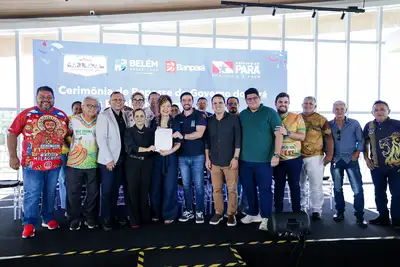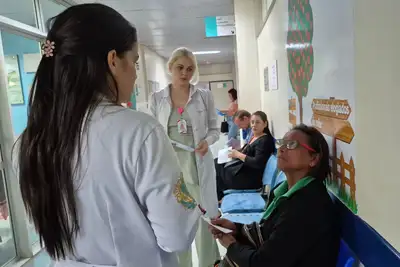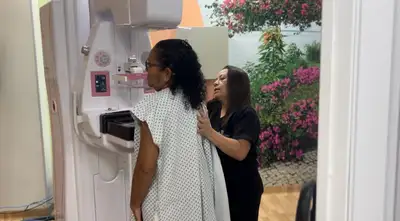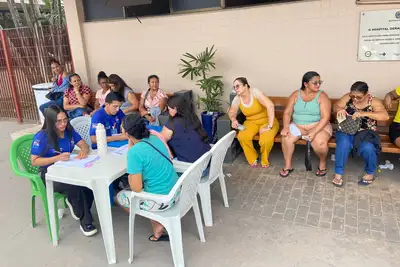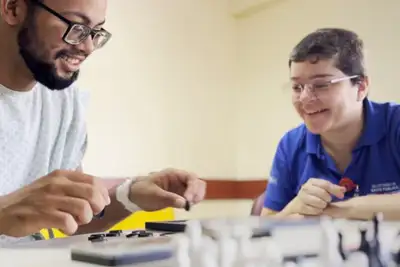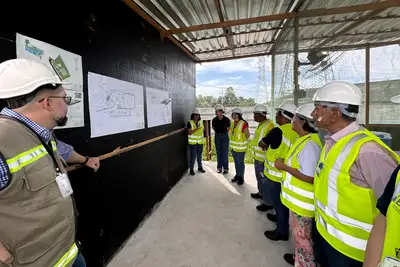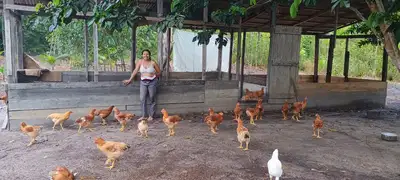Castanhal will be the next municipality to host the Crab Fair, as defined by Sedap and Instituto Mamirauá
The secretary will soon announce the date of the next fair, which will offer the crustacean extracted from the Resex of São João da Ponta, Maparanim, and Curuçá
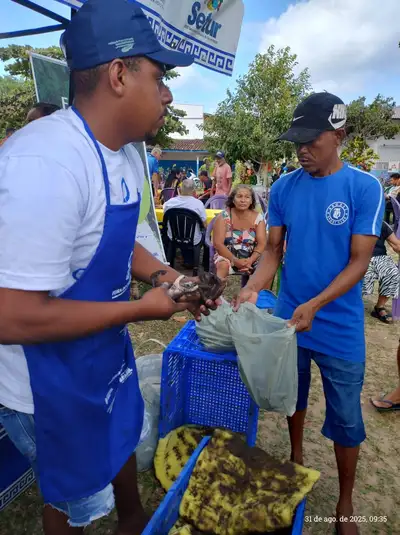
The municipality of Castanhal, located in the northeast of Pará, will be the next to host the second edition of the Crab Fair, a result of the partnership established between the State Secretariat for Agricultural Development and Fishing (Sedap) and the Mamirauá Sustainable Development Institute (IDSM). The decision was made after a meeting held on Tuesday (2) between the Fishing Directorate team and the institute's representatives.
The meeting also aimed to evaluate the first edition of the fair that took place last weekend in the municipality of Soure, in the Marajó archipelago. According to the organizers, the program was positive, with the participation of 50 fishermen, in addition to other residents of the Extractive Reserve (Resex) of Marajó, and it attracted a large audience with the sale of 500 crabs.
For the next edition, as informed by the fishing coordinator of the secretary, Salomão Guimarães, the format will differ regarding the municipality, as Castanhal is not located in Resex but stands out in the commercialization of the crustacean. During the fair, he clarified, crabs and their derivatives will be sold – in addition to products from family farming and handicrafts – originating from the Extractive Reserves of the municipalities of São João da Ponta, Marapanim, and Curuçá.
“We will train these users of the Resex, seek partnerships with all agents, including the Municipal Government of Castanhal. We just need to finalize the date and the model. The initial forecast is for December. We will also meet with the municipalities of the other three municipalities to do all the work and close the year 2025 to prepare this fair, which will have a different model from that of Soure,” he informed. According to him, before the fair itself, Sedap and the Mamirauá Institute will provide training for crab catchers. “Marapanim, Curuçá, and São João da Ponta are extraction pole municipalities while Castanhal is a commercialization pole,” Guimarães noted.
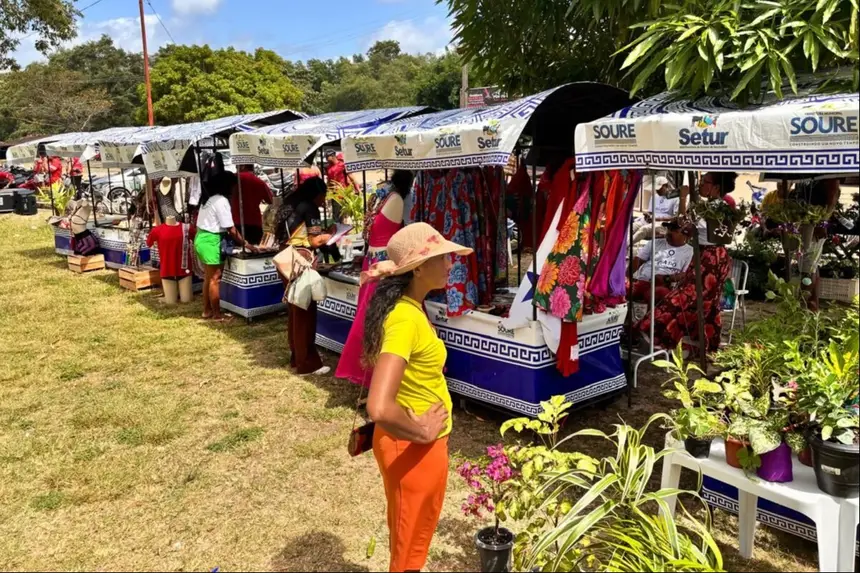
Evaluation - The Crab Fair is one of the activities established in the Technical Cooperation Agreement signed between Sedap and IDSM, as explained by the director of Fishing at the secretary, Orlando Lobato. He highlighted, during the meeting, the fundamental points in the program, among which is the qualification of workers using sustainable baskets to facilitate the transport of crabs from the mangrove to the delivery point for commercialization.
“It was a success. We had two groups participating along with our technician Thiago Pacheco, who conducted the training. We noted the interest of the workers; on the second day of the program, we had the fair, with 500 units of crab offered. We had not only gastronomy but also cultural aspects, with carimbó lyrics that start from a rhetoric talking about the mangrove, the fisherman, and their way of working. All these activities were very important,” evaluated Lobato.
For the representative of the Mamirauá Institute, Tabatha Benitz, who acts as the coordinator of the Innovation and Sustainable Technologies Nucleus, the result was positive as well. She highlighted the effective commercialization of crabs, as all the production offered by the mangrove workers was sold. She also emphasized the participation of various sectors of organized civil society, in addition to public institutions.
“This union of actors in the territory is evaluated as very positive because we had, in addition to crabs, the gastronomic aspect, handicrafts, and cultural aspects, and this is a fuel for them to replicate this moment that was created as a new commercialization space, because the previous fair that took place was a long time ago and was only focused on the sale of crabs; we left a legacy with the involvement of local communities,” she highlighted.
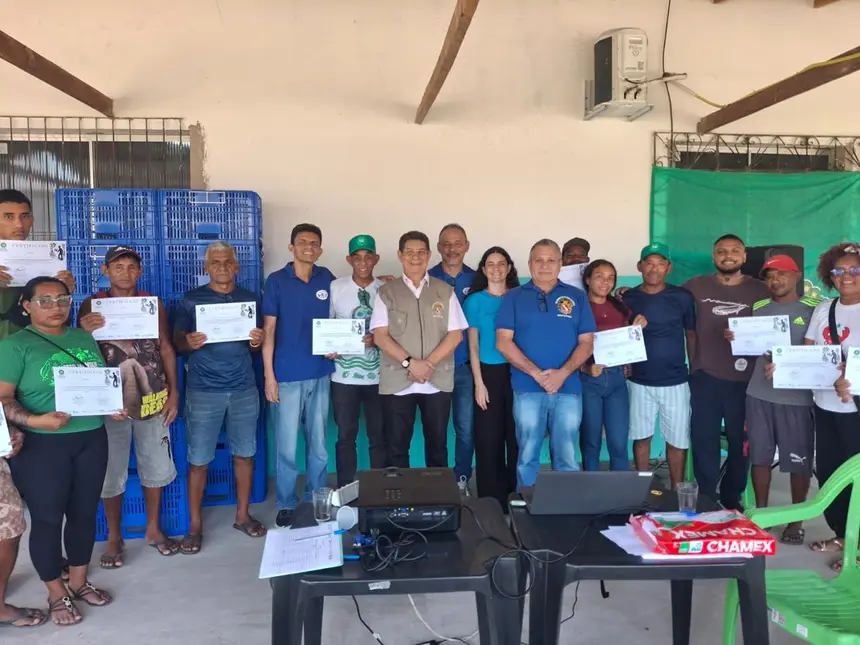
Training - The training conducted two days before the Crab Fair involved the participation of 26 fishermen. The activity focused on the technique of sustainable transportation of the crab-uçá. This type of action, as noted by the oceanographer who delivered the content, Thiago Pacheco, who is a technician in Fishing and Aquaculture Management, has been carried out by Sedap in the Resex, but has now been resumed after a period of inactivity.
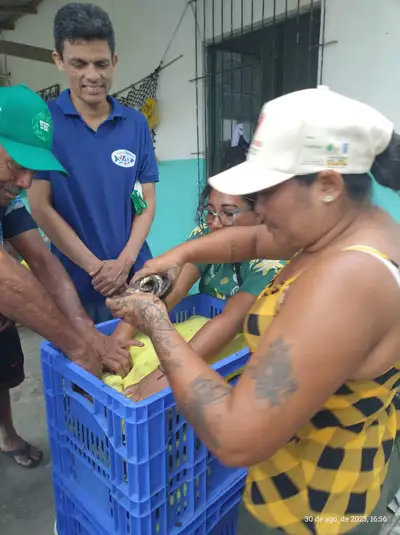
“We are resuming this to provide an incentive for their social training, and we observed that there was a good receptivity and interaction; they contributed a lot to our training, it was a good exchange of knowledge between us and them,” he evaluated.
As part of the training, workers were also given guidance on pricing the products sold. The person responsible for the information, Jonas Oliveira, Research and Innovation Analyst at the Mamirauá Institute, noted that during the activity, workers received notions so that the category has more awareness of issues involving cost, expected income with price definition, and the audience.
“The worker still does not know, for example, how to have tools to create a contract with the restaurant, or how they can structure a fair like this one that we held; we will provide them with feedback, which is precisely a cost spreadsheet, so they can have an idea of how much they can spend to structure a fair,” he noted.


